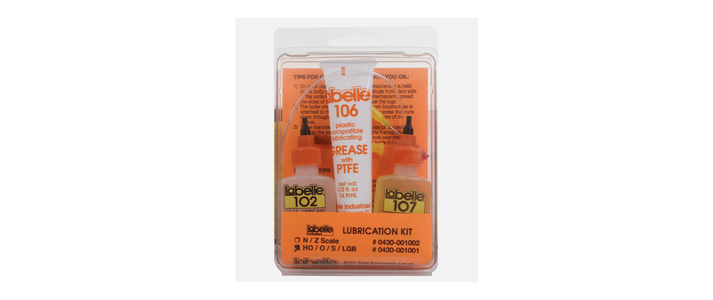dgrafix
Well-Known Member
Not sure if this is the right place to ask this, but what is the best thing to oil a locomotives moving parts & motor? I want to give my Mallard a full service and a WD clean of all the old "lube" which I can see is full of "stuff" like dust and static grass (from the previous owner) and put some new stuff in there.
I have lying around:
-Mineral oils (like Clipper/sewing machine oil),
-Engine oil,
-brake oil
-bike oil
-Armature grease (record player)
-Standard grease
I am wondering if grease would be too stodgy although it melts under friction, on the other hand oil might make a mess or get on the track.
I have lying around:
-Mineral oils (like Clipper/sewing machine oil),
-Engine oil,
-brake oil
-bike oil
-Armature grease (record player)
-Standard grease
I am wondering if grease would be too stodgy although it melts under friction, on the other hand oil might make a mess or get on the track.
Last edited:


